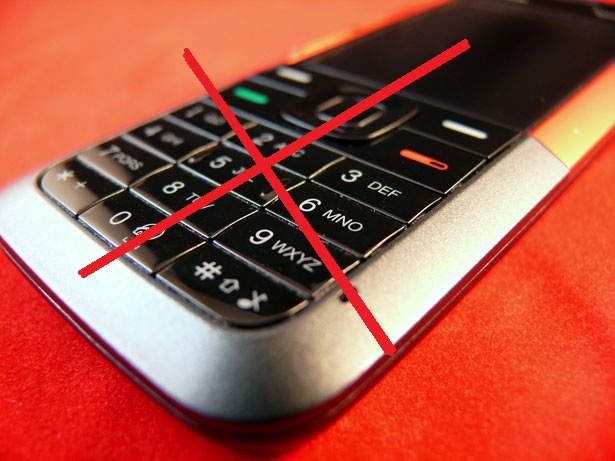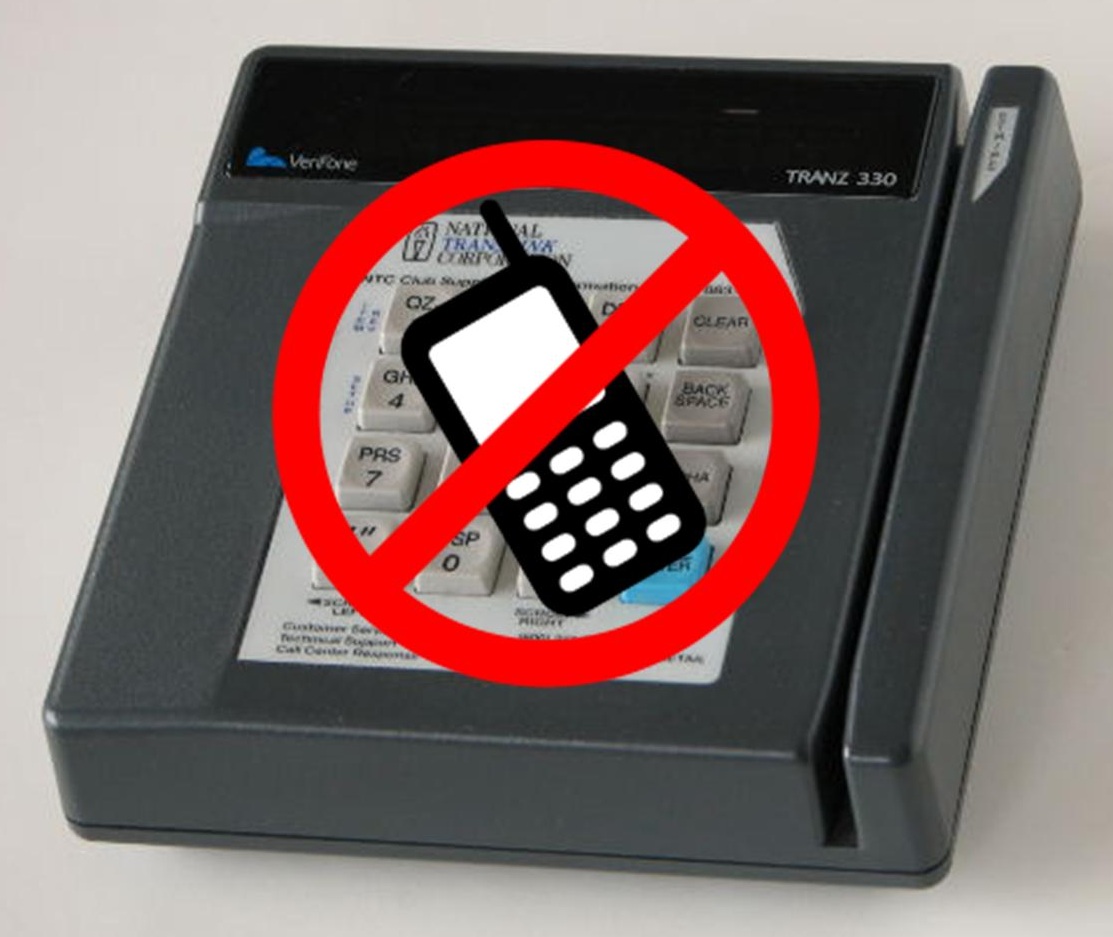Denny |
December 20, 2012
 Mobile commerce is not popular with everyone
Mobile commerce is not popular with everyone
Mobile commerce has been gaining steam, largely due to the influence of the holiday season, but there is still a long way to go until consumers feel comfortable with using a mobile device to purchase goods and services. New research from The BIO Agency, a digital agency that specializes in online marketing, shows that many U.S. consumers are leery when it comes to mobile commerce. These consumers suggest that security is their primary concern.
41% claim they will not use their mobile device to make a purchase
According to The BIO Agency, 41% of American consumers refuse to use their smart phone or tablet device to make a purchase online or in a store. This accounts for some 103 million shoppers that are not interested in participating in mobile commerce. The general consensus among these consumers is that cellular and tablet devices are not secure enough to make them comfortable with purchasing products online. Without adequate security features, these consumers are unlikely to adopt mobile commerce in any way.
Security may be primary concern
The research from The BIO Agency shows that mobile commerce adoption is highest among younger consumers. Those between the ages of 18 and 24 are most likely to make purchases online using a mobile device, with entertainment products being the most popular. Generally, older consumers are more leery of mobile commerce. This may come from a lack of understanding regarding how mobile commerce works, but many suggest that mobile security must be improved before they can feel comfortable with mobile payments, whether they understand how these payments work or not.
Slow adoption may create problems for mobile commerce in the future
Several industries are investing heavily in mobile commerce. Over the Thanksgiving weekend, shoppers favored their mobile devices when purchasing products, providing a massive amount of momentum behind mobile commerce. This strong showing has secured strong support for mobile commerce, but if consumers continue to resist adoption, this burgeoning industry may be facing significant problems in the future.
 The marketplace is rocked by the shocking news that a major player has dropped out.
The marketplace is rocked by the shocking news that a major player has dropped out.
The CEO of VeriFone, Doug Bergeron, has stunned the direct-to-micromerchant mobile payments world with the announcement that it is stepping out of that marketplace following unprofitable results from its Sail service.
The point-of sale provider’s mcommerce news came as a surprise to the majority of the industry.
As VeriFone had dedicated a great deal of last year and much of this year on the promotion of the growth of mobile payments services, the decision that the company has now made to remove itself from that direct-to-micromerchant space has caused many heads to spin. The announcement was made during the most recent quarterly conference call.
The CEO released the mobile payments news that the company is stepping down.
During the call, Bergeron stated that Sail, its own mobile payments service, has been unprofitable. This program had been giving small businesses the ability to use smartphones and tablets to accept transactions through debit and credit cards. He said that “Customer acquisition costs, either through search engines or TV advertising, cannot and will never justify the razor thin margins produced by merchants with infrequent volumes and extremely high attrition.”
The NFC technology community has also been left blinking in surprise, as it had been looking toward that company to propel forward its adoption, particularly after the iPhone 5 was released without its capabilities.
Bergeron described the mobile payments program at VeriFone as a failure and is now causing many of the other players in the industry to take a second look at their own potential for profitability. This is particularly the case after the CEO questioned the ability of the environment to be profitable at all. The company has announced that all of its assets from that space will now be sold off.
He explained that he felt it is possible to see similar thoughts among the competition as their businesses models are shifted toward wallets services. It is his belief that the only mobile payments players who will be able to survive “this fundamentally challenging business model” will be those who are capable of offering micro merchants other services, as well.
 Mobile commerce is not popular with everyone
Mobile commerce is not popular with everyone
 The marketplace is rocked by the shocking news that a major player has dropped out.
The marketplace is rocked by the shocking news that a major player has dropped out.